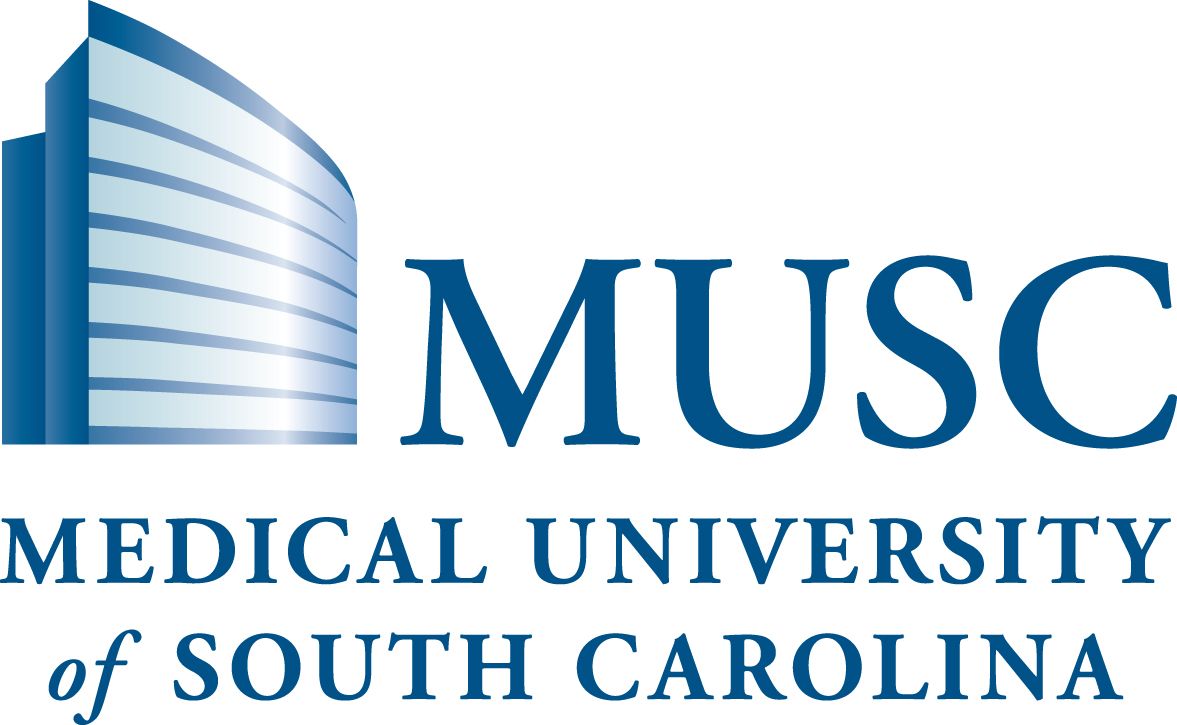
Dr Marc-Andre Cornier on the Genetic Risk for Obesity

Marc-Andre Cornier, MD, professor and director of the Division of Endocrinology, Diabetes and Metabolic Diseases at the Medical University of South Carolina, describes the genetic factor that contributes to obesity risk.
Although individuals can't alter their genetics, they can alter their environment, said Marc-Andre Cornier, MD, endocrinologist, professor, and director of the Division of Endocrinology, Diabetes and Metabolic Diseases at the
Transcript
What does it mean to be prone to obesity?
We believe that there's a genetic component to the risk for obesity. The way to think about it is the opposite. There are people in our environment who are lean, normal weight, thin, and there's very strong genetics for that as well. And so it's our belief that people are either prone to weight gain or not, and in the right environment, that leads to weight gain and obesity. So that might be, you know, differences in physiologic markers that relate to body weight regulation; it could be differences in signaling in the brain.
There's not one specific thing that says this is what makes the person prone to to gain weight. But we clearly see familial patterns to this. There's clearly genetic components to the risk for obesity. And so we like to think about it as potential proneness or genetic risk. Can you alter that? Yes, by altering the environment. You can't change genetics, you can't change your own baseline physiology, but you can change your environment and that's what we have to work on.
Newsletter
Stay ahead of policy, cost, and value—subscribe to AJMC for expert insights at the intersection of clinical care and health economics.









